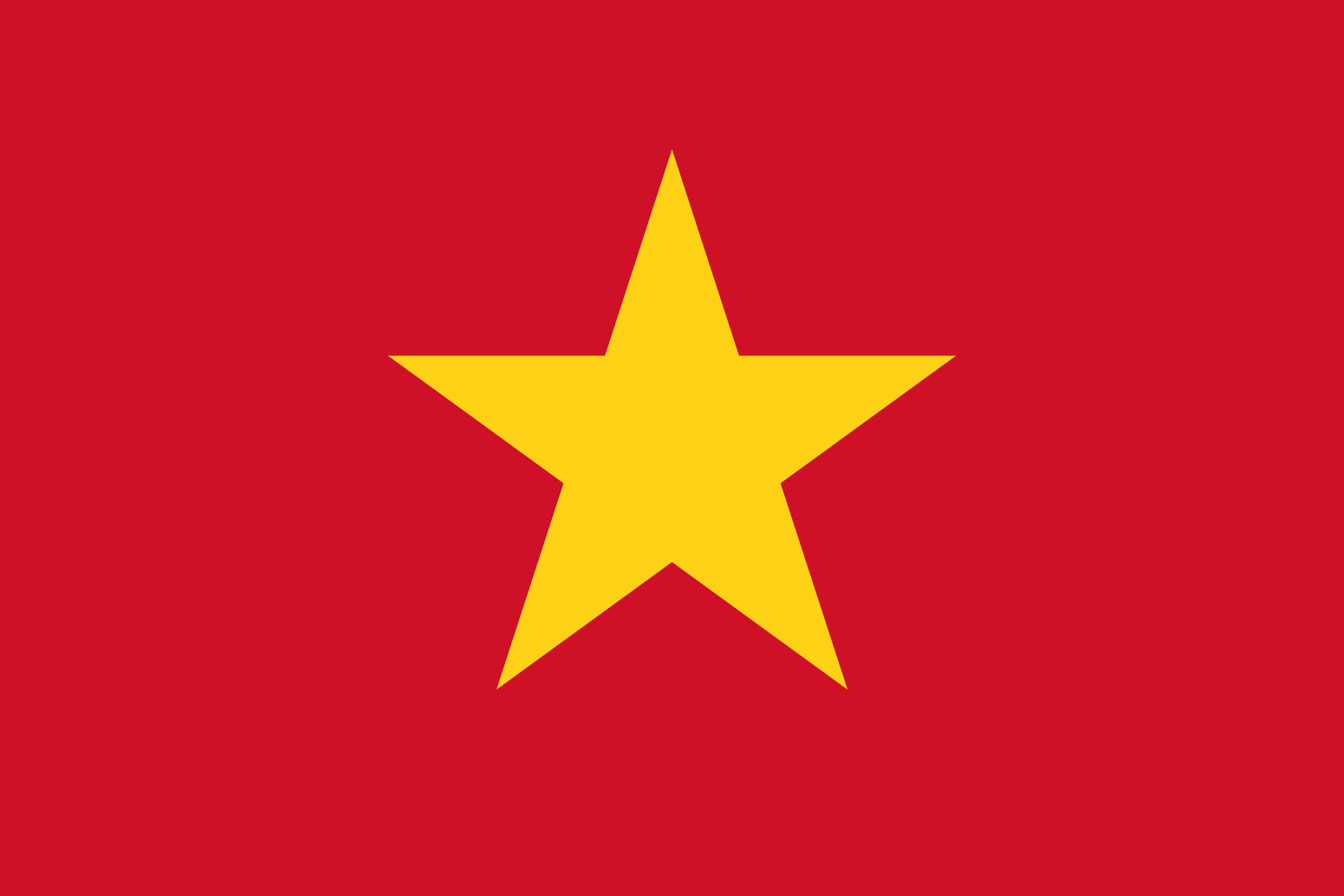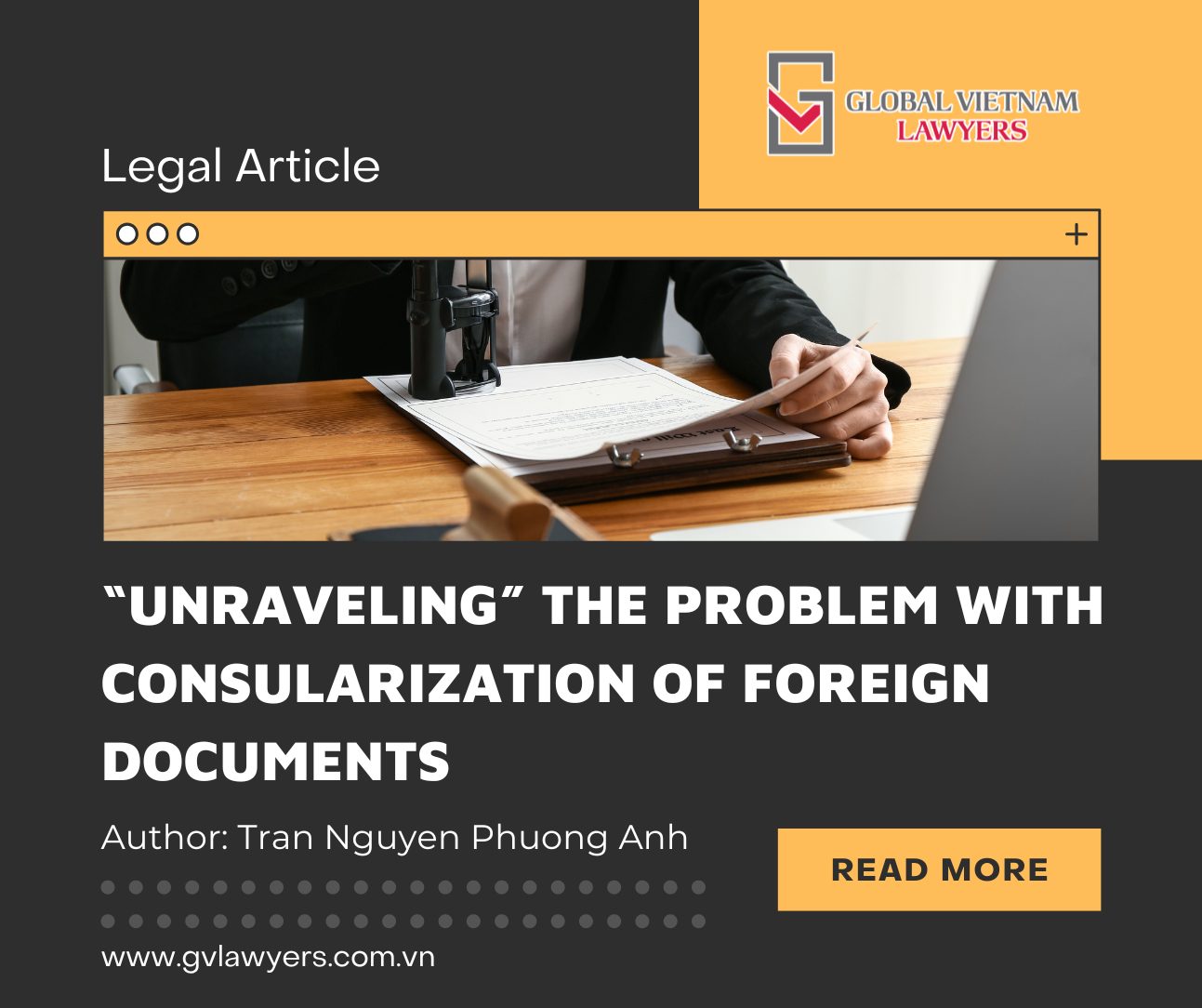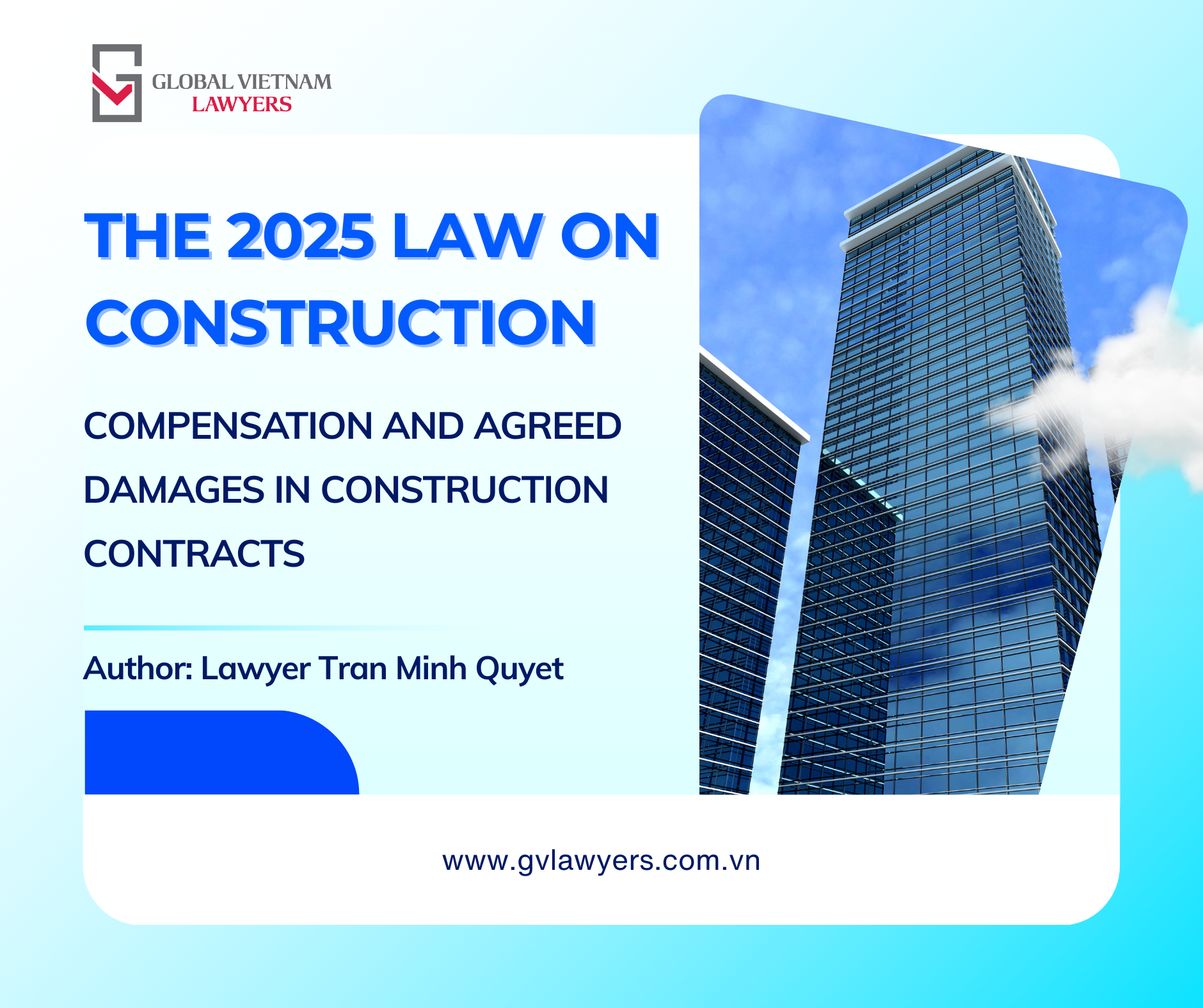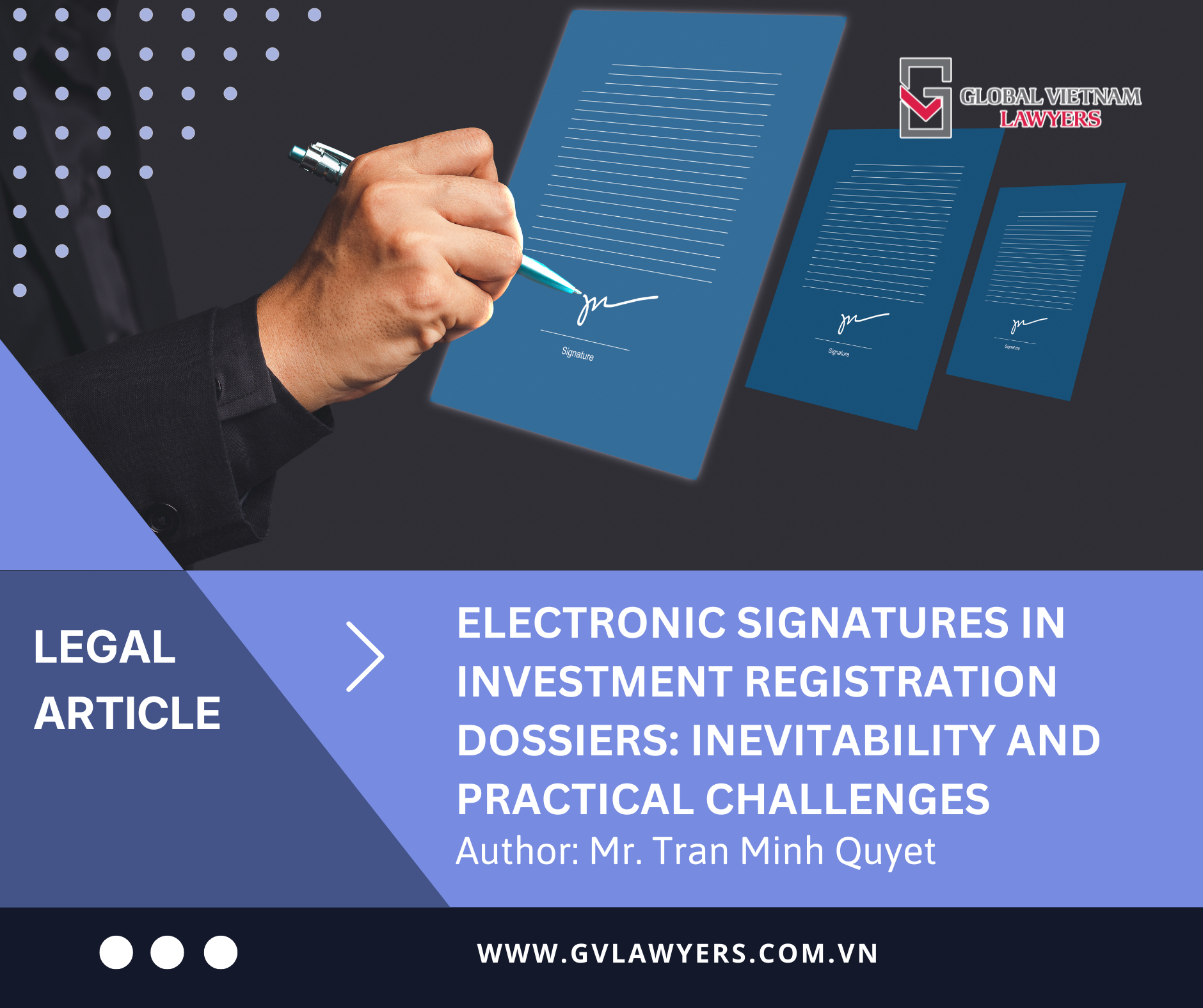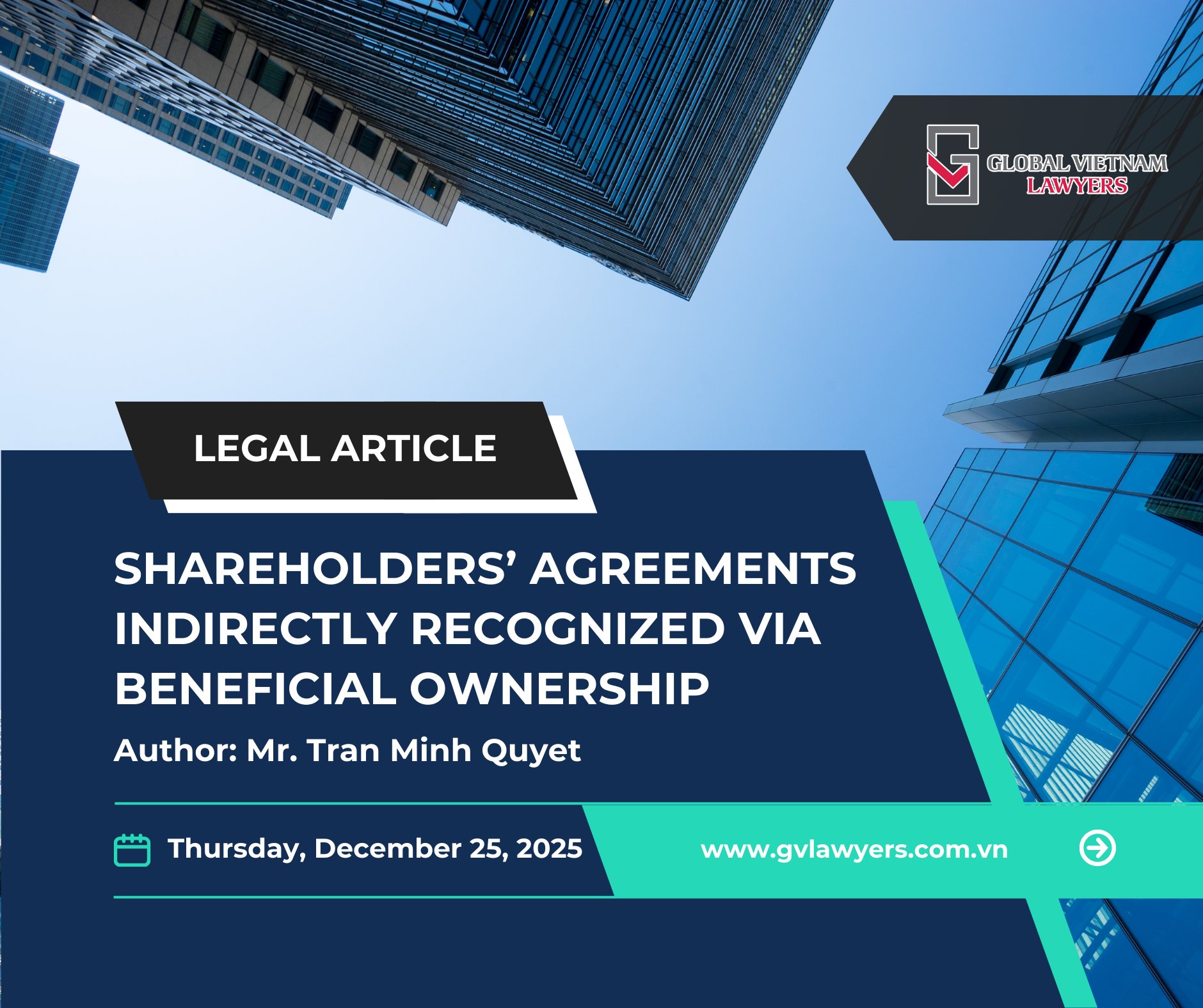GV Lawyers would like to introduce our valued readers an article by Ms. Tran Nguyen Phuong Anh titled “Unraveling, the problem with consularization of foreign documents” posted Saigon Economic Times (No 1.748) on June 13th 2024.
***
In 2023 alone, the Hanoi People’s Court (Hanoi Court) issued two decisions on annulment of arbitral awards with their conflicting opinions on the mandate over consularizion of foreign documents in arbitration proceedings. Disagreements about legal interpretation of the same issue in the same court spark a lot of confusion in both the legal community and the public.
Specifically, in Decision 12/2023/QD-PQTT dated July 4, 2023 (Decision 12/2023), the Hanoi Court found that the arbitral award seriously violated the arbitration procedures under which the Arbitral Tribunal that has accepted and resolved the dispute in a state of the claimant’s documents from abroad having not been consularized, thereby deciding to cancel the said arbitration award. Meanwhile, Decision 16/2023/QD-PQTT dated November 27, 2023 (Decision 16/2023) states that the petition does not need consularization thereof if the receiving agency (i.e. Vietnam International Arbitration Center – VIAC) has not required the claimant to do so.
The Supreme People’s Court has published draft Case Law No. 15/2024 (draft Case Law) with the main source of case law branded as Decision 16/2023 mentioned above. The case law is as follows: The requesting party demands annulment of the arbitral award on the grounds that the Arbitral Council does not require the relevant party to consularize papers and documents abroad before submitting at the Vietnamese arbitration. The draft case law proposes a legal solution that the court must determine that these papers and documents do not necessarily need consularization if the arbitration organization receiving these papers and documents does not require it, except for cases as prescribed by the Rules of Arbitration.
The proposed case law is based on the fact that the 2010 Commercial Arbitration Law does not have regulations on requiring consularization of papers and documents prepared abroad before submitted to the Vietnamese arbitration. Decree No. 111/2011/ND-CP dated December 5, 2011 on consular certification and consularization (Decree 111/2011) also does not have such requirements. The fact that some judges have opposite views and decide to annul some arbitral awards is not consistent with the above-mentioned legal documents, nor in alignment with international practice, so the case law is needed for uniform application of the law. Also, the Draft Case Law recognizes the development of a case law in this regards is essential to ensure fast-tracking effective arbitration activities in Vietnam.
In Decision 16/2023, the Hanoi Court is based on Article 9.4 of Decree 111/2011 to comment that if VIAC (as the receiving agency) does not require consularization, it is not necessary to do the same. Nonetheless, this comment is not really convincing as pursuant to Article 9.4 of Decree 111/2011, the exemption from consularization of documents decided by the receiving agency of Vietnam must be in accordance with the respective laws of Vietnam. Until now, the law has not granted dispute-resolving arbitration centers and/or arbitral tribunals the right to decide whether to require consularization of documents or not.
Of note, in both Decision 12/2023 and Decision 16/2023, the party requesting annulment of the arbitration award argues such failure to consularize foreign documents violates the basic principles of Vietnamese law, which are inherently a concept that has not yet provided a uniform interpretation and application despite guidance in Resolution No. 01/2014/NQ-HDTP dated March 20, 2014 of the Council of Judges of the Supreme People’s Court. Even the Hanoi Court in Decision 12/2023, although agreeing with the party requesting cancellation of the arbitration award in its judgment, cannot specifically point out which basic principle was violated.
In such a context, the official adoption and promulgation of Case Law 15/2024 will help supplement the legal basis for arbitration centers to receive cases as well as arbitral tribunals to resolve cases with full authority to decide whether to require the parties to consularize foreign documents. The addition of a legal basis, on the one hand, helps unify the understanding of all relevant parties, facilitating the conduct of arbitration proceedings, and on the other hand, eliminates the need for parties to refer the issue of consularization to the violation of basic principles of Vietnamese law to request annulment of the arbitration award. This also reinforces the time-and-money-saving advantage of dispute resolution by commercial arbitration as opposed to court in the direction of streamlining procedures and paperwork, in accordance with the policy of encouraging the development of commercial arbitration in Vietnam.


